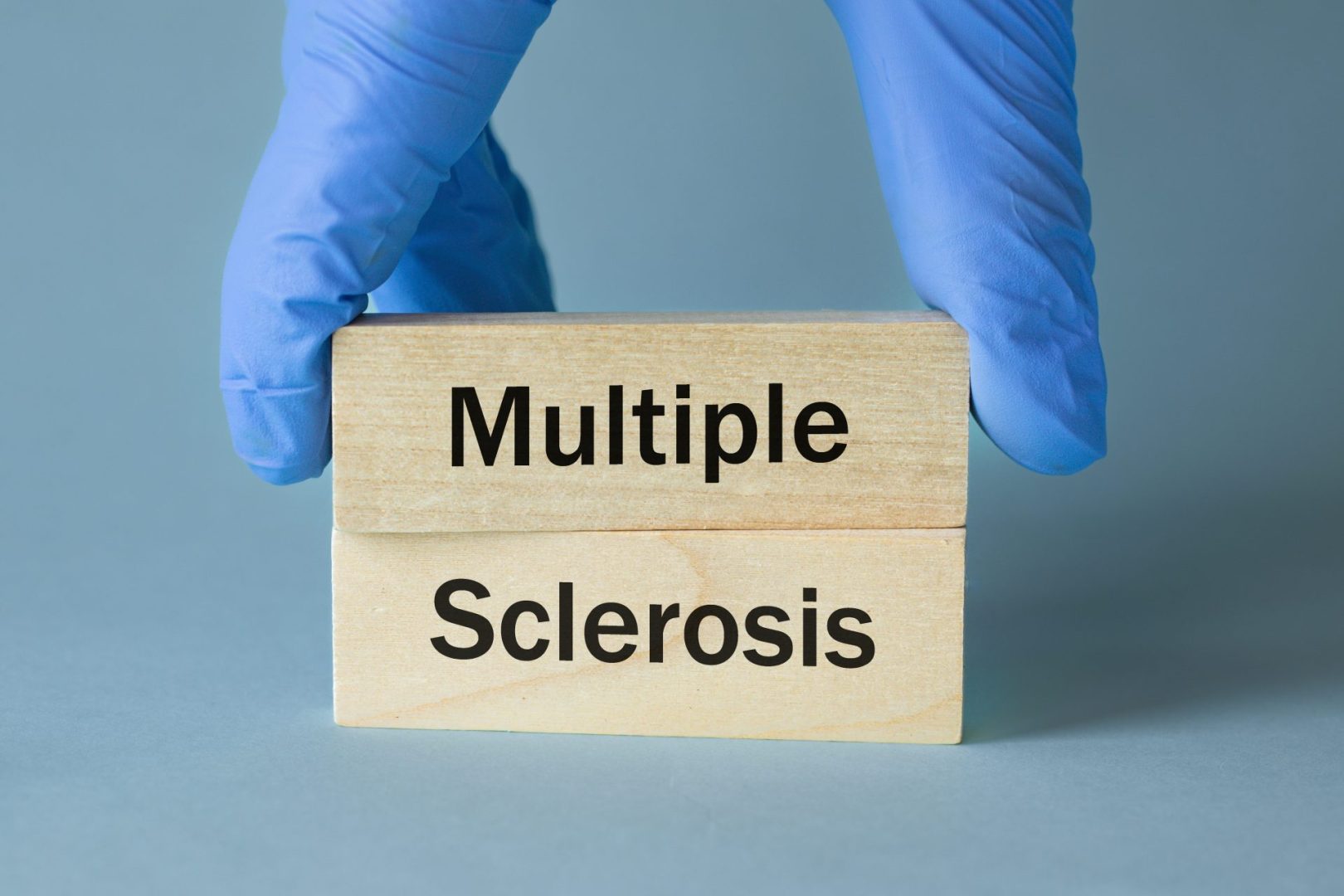Multiple sclerosis silently disrupts communication between brain and body, creating a cascade of unpredictable symptoms that can range from mild numbness to complete disability. For decades, medical literature has portrayed MS as a disease primarily affecting white populations, but emerging research tells a different story.
The reality is that Black Americans not only develop MS at higher rates than previously recognized, but they often experience more aggressive disease progression. Recent studies have uncovered that Black service members have the highest incidence of MS among military personnel, contradicting decades of misguided assumptions about who develops this condition.
Perhaps most concerning is the mortality data – Black Americans under age 55 with MS face higher death rates than their white counterparts, pointing to serious inequities in disease management and care. These statistics represent real people whose symptoms may go unrecognized, misdiagnosed, or inadequately treated due to research gaps.
MS attacks the protective myelin covering around nerve fibers, creating lesions that disrupt normal neurological function. As the disease progresses, patients may experience fatigue, vision problems, mobility issues, cognitive changes, and a host of other symptoms that significantly impact quality of life. While treatments exist to slow progression, there remains no cure, making accurate diagnosis and appropriate treatment protocols essential.
The whitewashing of clinical research
The problem starts with who gets studied. In 2022, regulatory agencies approved a novel therapy for multiple sclerosis based on clinical trials where 98% of participants were white. This striking imbalance isn’t unusual – a comprehensive review of 44 phase 3 clinical trials for MS revealed that over one-third failed to report race or ethnicity data at all, while another third reported exclusively white participants.
This profound lack of diversity creates a dangerous knowledge gap. When treatments are tested predominantly on white patients, their effectiveness and safety profiles for other racial and ethnic groups remain largely unknown. Mounting evidence suggests that non-white individuals with MS often experience more severe symptoms and may respond differently to standard therapies, yet these differences remain understudied and poorly understood.
The consequences extend beyond academic curiosity. Black Americans with MS frequently receive diagnoses later than white patients, often after their disease has progressed further. This delay reduces treatment effectiveness and increases disability. Without representative research, medical professionals lack the evidence-based guidelines needed to provide optimal care to all communities.
Furthermore, neuroimaging techniques and diagnostic criteria developed through predominantly white research may not adequately capture MS manifestations in diverse populations. Studies suggest that lesion location and characteristics may differ among racial groups, potentially leading to missed or delayed diagnoses when standard criteria are applied inflexibly.
Barriers creating healthcare inequality
Multiple factors contribute to both MS risk and progression, with socioeconomic elements disproportionately affecting minority communities. The inability to take time off work for medical appointments can delay diagnosis and treatment, while lack of reliable transportation creates additional hurdles to receiving regular care.
Inadequate health insurance coverage remains a significant barrier, forcing many patients to forego specialized care or essential medications due to cost concerns. This financial toxicity compounds over time, allowing disease progression that might otherwise be prevented with consistent treatment.
Discrimination within healthcare settings adds another layer of complexity. Research documents that Black patients’ pain and symptoms are often taken less seriously by medical professionals, leading to delayed diagnosis and treatment. This pattern proves particularly problematic with MS, where early intervention significantly improves long-term outcomes.
Environmental factors associated with MS risk, including vitamin D deficiency, certain infections, and exposure to toxins, often correlate with socioeconomic disparities. Communities with limited resources may face greater environmental risk factors while simultaneously having reduced access to preventive care and early intervention.
The combined effect creates a troubling cycle: populations facing higher risk factors and greater disease severity receive less research attention and encounter more barriers to care. Breaking this cycle requires intentional changes at multiple levels of the healthcare system.
Creating more inclusive research models
Addressing diversity gaps in MS research demands both individual and institutional changes. Medical centers conducting clinical trials must actively recruit diverse participants and design studies accessible to all communities. This means considering practical matters like scheduling flexibility, transportation assistance, and cultural competency among research staff.
The Consortium of Multiple Sclerosis Centers has emphasized another critical component: diversifying the neuroscience workforce itself. When research teams reflect the communities they serve, study design and implementation naturally becomes more inclusive. Minority researchers bring valuable perspectives that can improve recruitment strategies, identify overlooked research questions, and interpret findings with greater cultural context.
Several promising initiatives have emerged in recent years. The National MS Society has made diversity in research a priority, funding studies specifically examining MS in underrepresented populations. Meanwhile, patient advocacy groups are amplifying calls for more inclusive practices, pressuring both academic institutions and pharmaceutical companies to broaden their research demographics.
Technology offers additional solutions through decentralized clinical trials that reduce participation barriers. Remote monitoring, telemedicine visits, and digital data collection can make studies accessible to people regardless of geographic location or transportation limitations. These approaches proved effective during pandemic restrictions and may provide lasting benefits for research inclusivity.
Participating in clinical research opportunities
For individuals living with MS, participating in clinical trials can both advance scientific understanding and potentially access cutting-edge treatments. The National Library of Medicine maintains a comprehensive database of active clinical trials at ClinicalTrials.gov, where potential participants can search for studies matching their specific situation.
Before enrolling in any study, consultation with healthcare providers remains essential. Qualified neurologists can help determine whether a particular trial aligns with individual treatment goals and medical history. Patient advocacy organizations also provide resources to help navigate the sometimes complex world of clinical research.
When considering participation, patients should ask specific questions about study design, potential risks and benefits, required time commitment, and any compensation for expenses. Understanding whether a trial includes placebo controls or guarantees active treatment helps in making informed decisions.
Increasingly, MS researchers recognize the value of patient-reported outcomes alongside clinical measurements. This approach acknowledges that individuals with MS possess unique insights into their condition that may not be captured by standard assessments. By participating in studies emphasizing these measures, patients help ensure research reflects real-world experience.
The push toward more inclusive MS research ultimately benefits everyone affected by this complex condition. Broader representation leads to more comprehensive understanding, which in turn drives more effective treatments and care protocols. As research continues evolving, ensuring all communities have a voice—both as participants and researchers—remains essential to achieving truly equitable healthcare.
For the estimated 1 million Americans living with MS, the stakes couldn’t be higher. Each advancement in understanding how MS affects diverse populations brings us closer to better treatments and eventually a cure that works for everyone.











